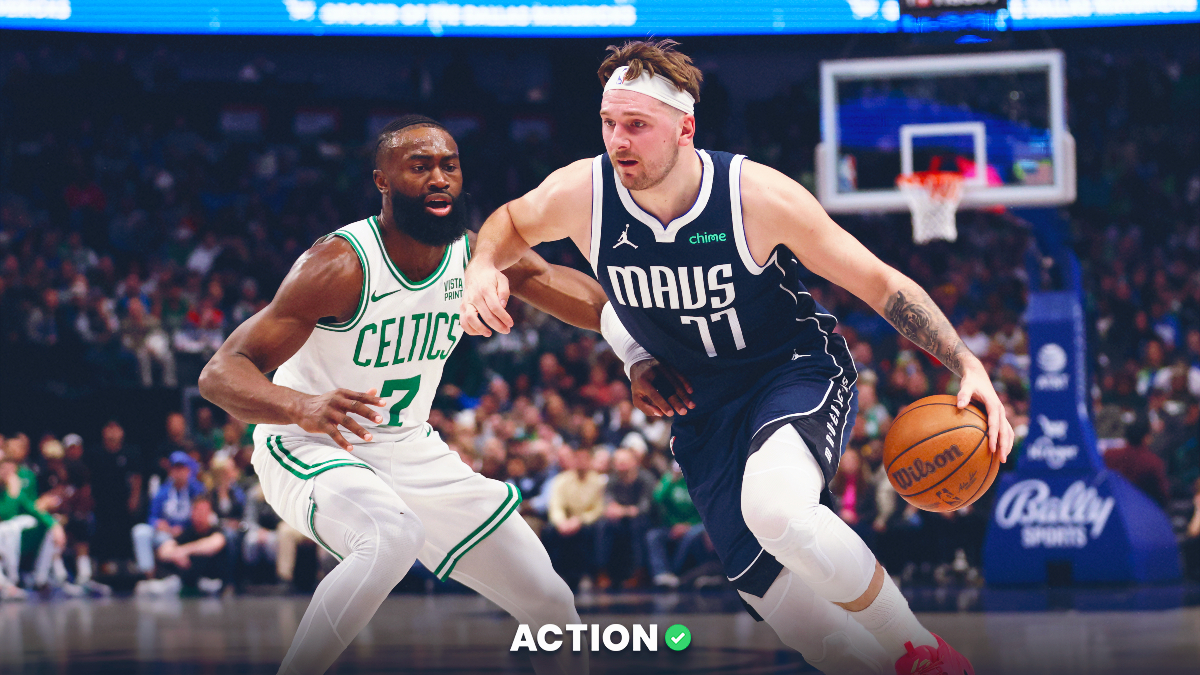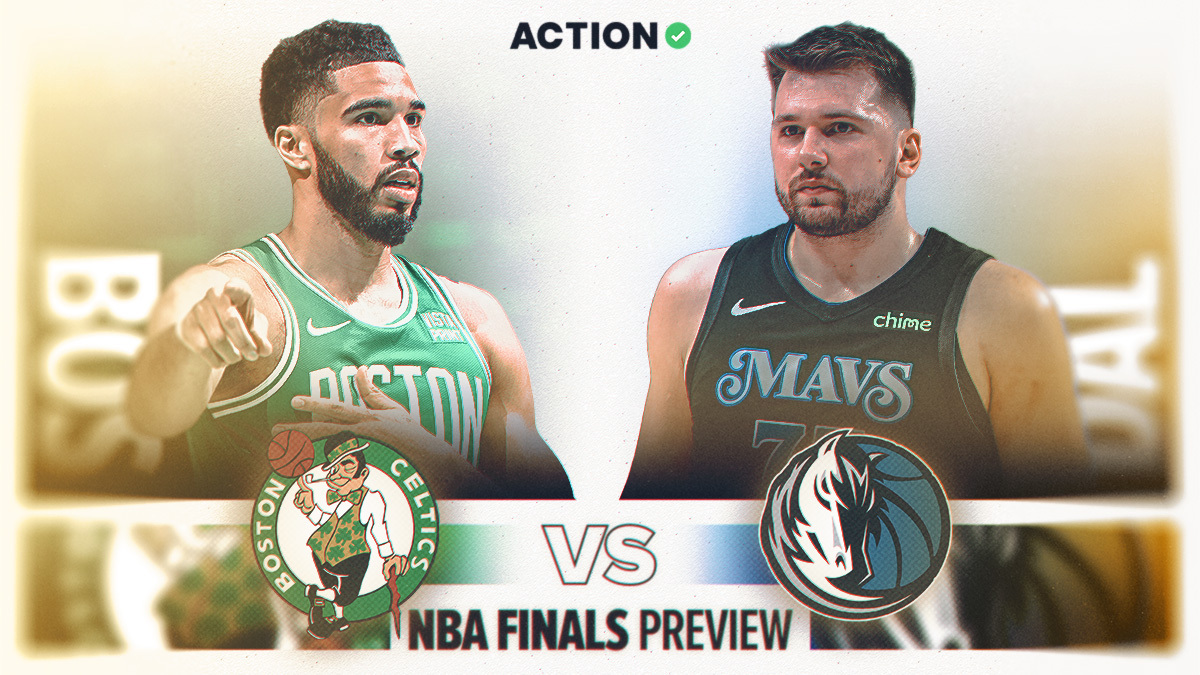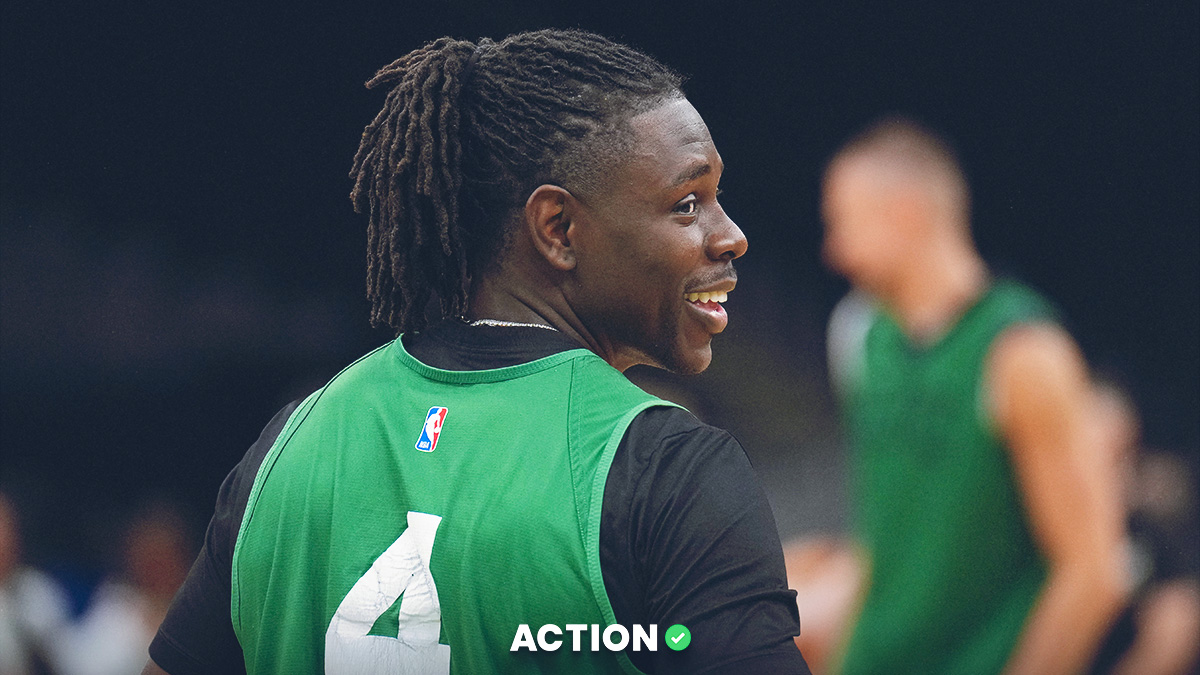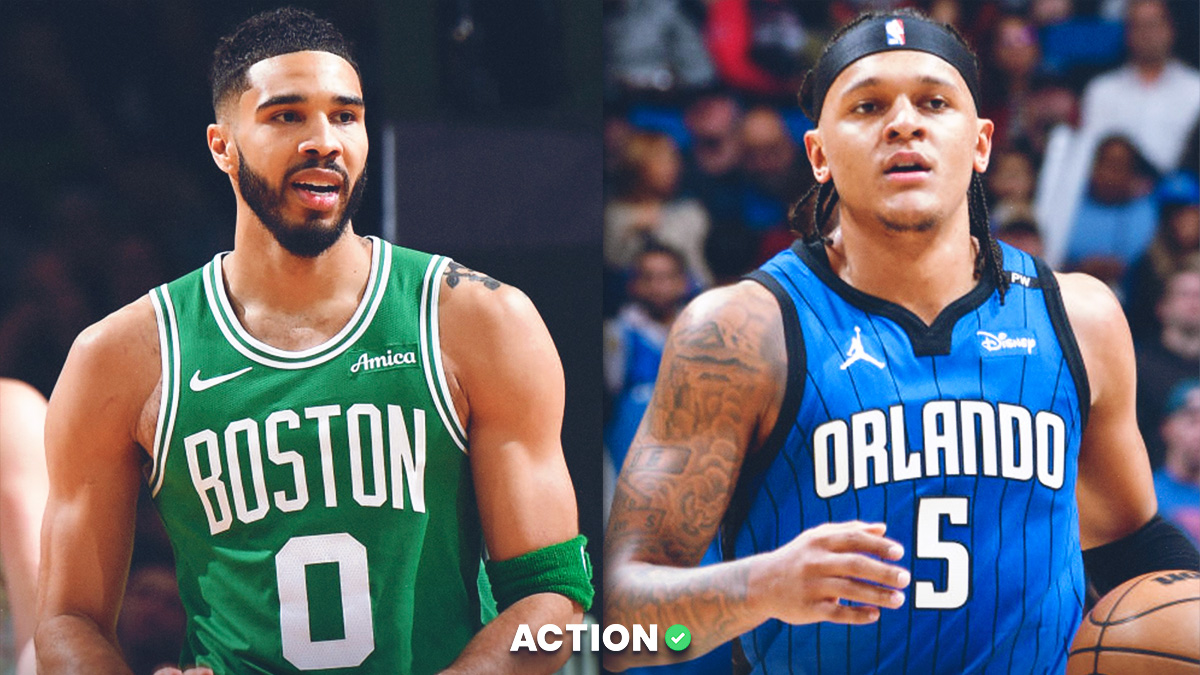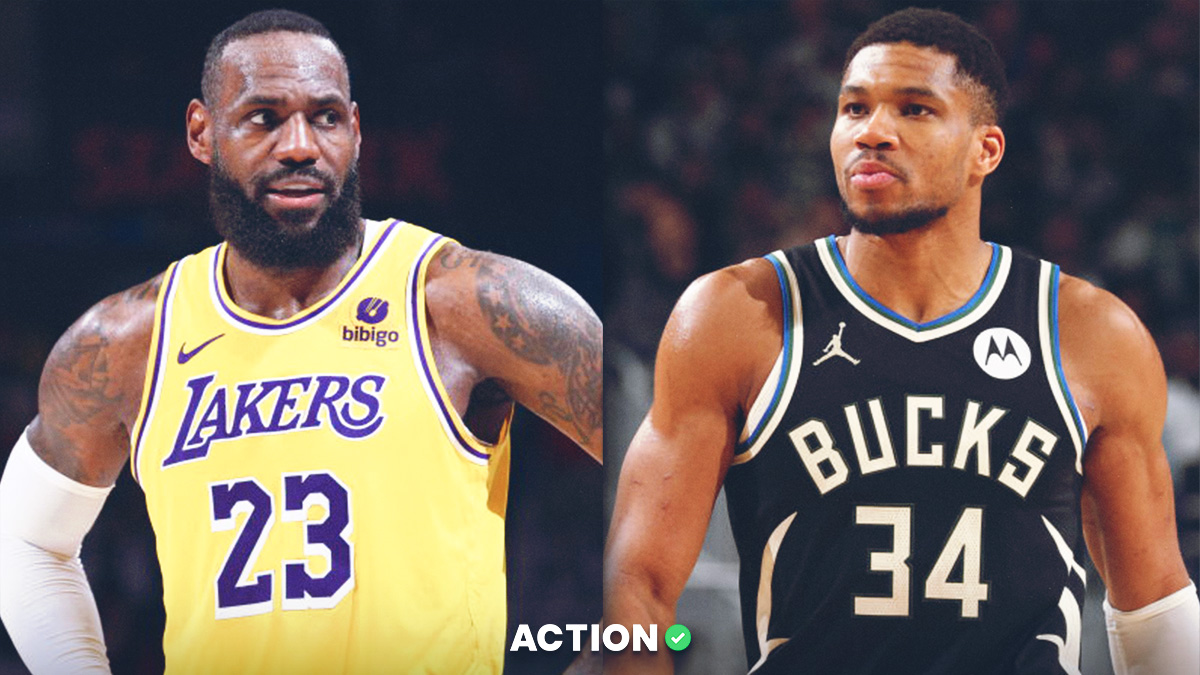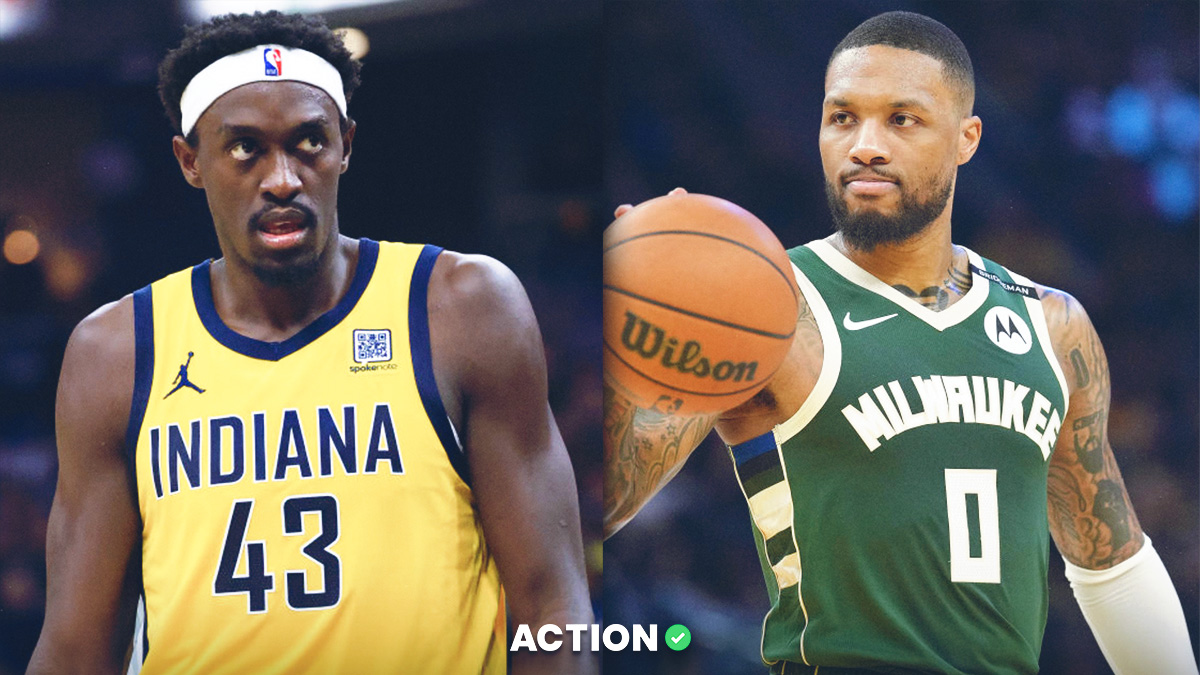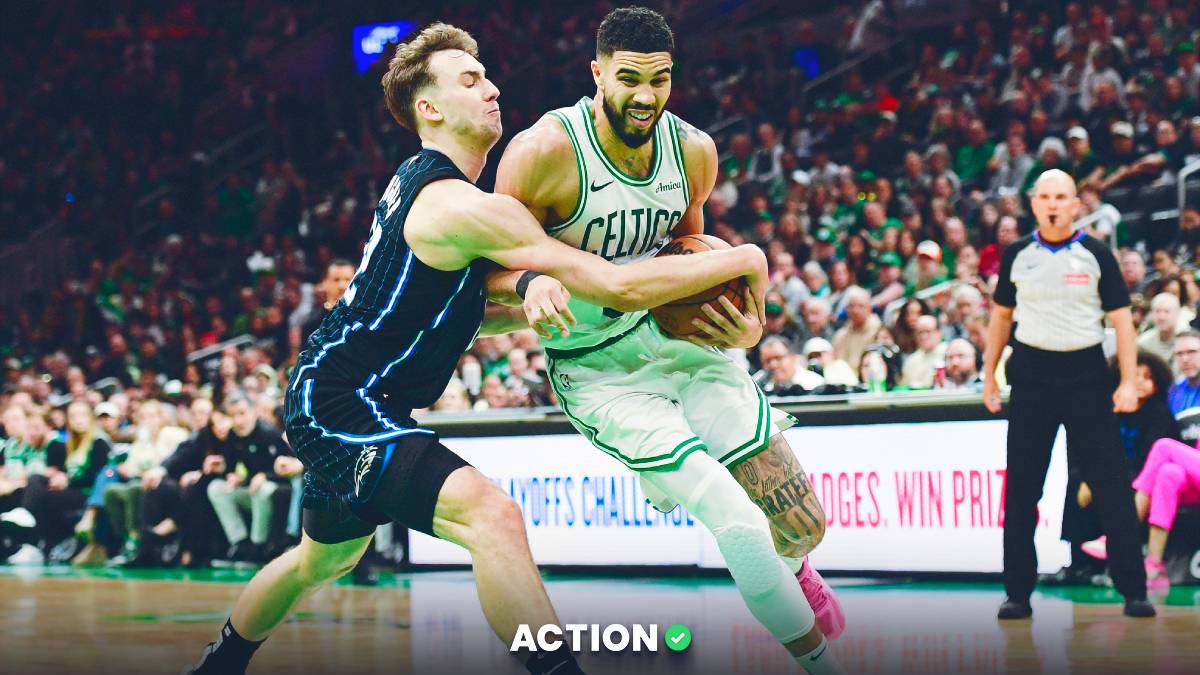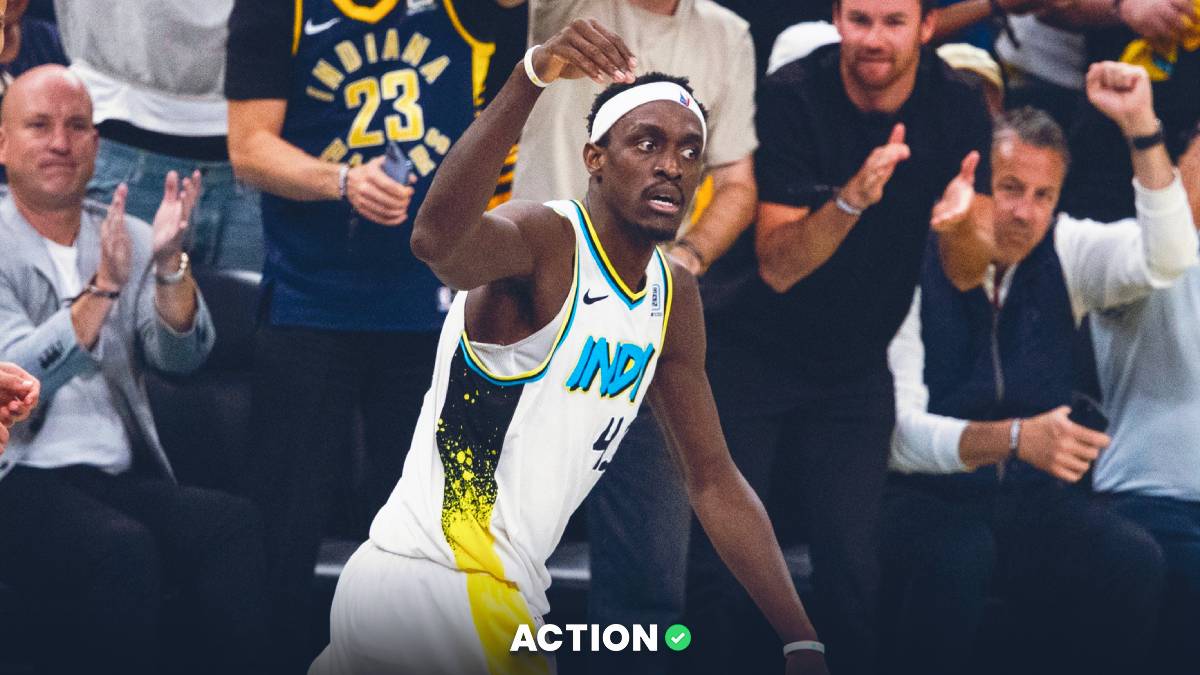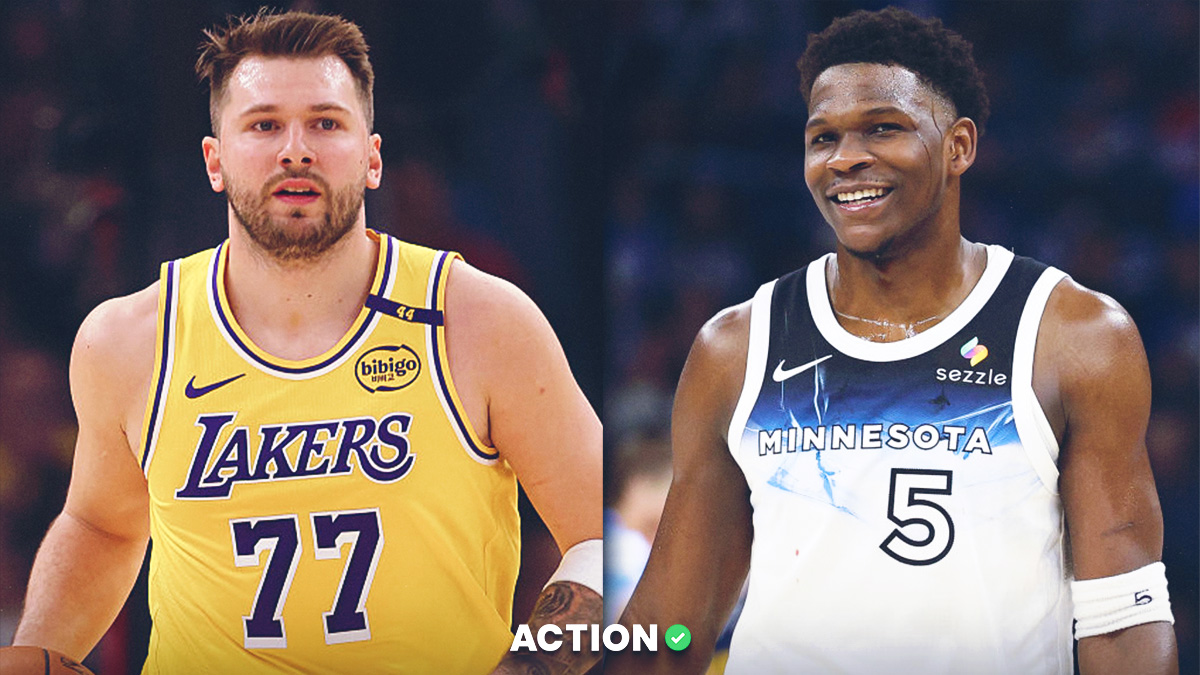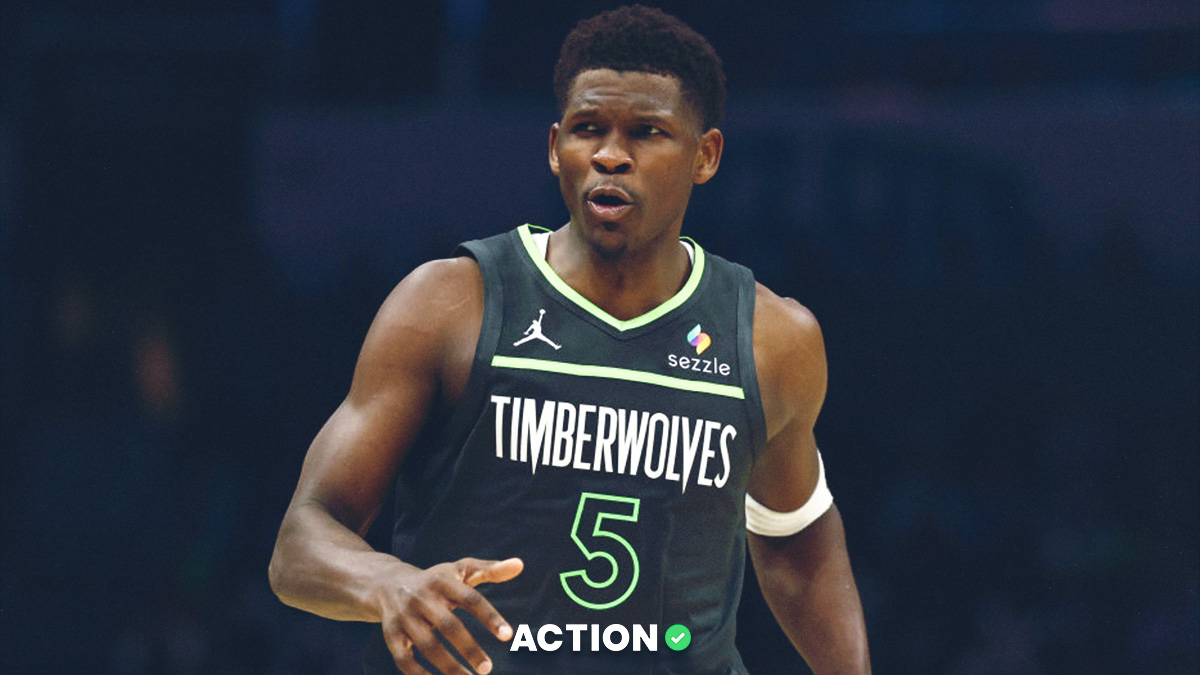One way to describe the NBA Finals is that the Dallas Mavericks are one of the biggest public dogs we have ever seen.
"It's been nothing but Mavs money since the Western Conference Finals ended. 80% of the money has come in on the Mavs to win the title," BetMGM trader Hal Egeland told Vegas Insider's Patrick Everson. "This doesn't come as a shock to us. The public discourse is around how easy a path the Celtics have had."
via Malik Smith's story on how bettors aren't buying Boston
Another way to describe it is that Boston is the smallest public favorite.
Boston had one of the best seasons in NBA history, finishing with the fifth-best SRS (Simple Rating System — which tracks point differential against strength of schedule) of all time. The four teams above this year's Celtics all won the title. They have all sorts of historic data in their favor.
You're probably sick of those because no one, not even Boston fans, feels like this team is an all-time great team. If they were facing a team on their level, they would probably be overrated.
But they're not.
They're facing a Mavericks team that finished fifth in the Western Conference, and Dallas will try to become the first 5-seed in NBA history to win the title. Nothing about the Mavericks' season suggests that they're anywhere near the Celtics' level. The response from Mavericks backers is that over the final stretch of the season, the Mavericks went 22-9 and then made the Finals by beating three 50-plus-win teams.
Dallas was fifth in the NBA in Net Rating in that span. The trade acquisitions seem to have completely reshaped them into a new team that can't be compared to the team they were before, especially due to their injuries.
So it makes sense that the Maverick would be a trendy favorite, and people would want to bet them.
The question is whether the Game 1 line (Celtics -6.5), and by extension the series price (consensus Celtics -225) is accurate.
Let's start here: Boston should not have opened at -5.5 as it did at some books if it were being priced accurately. The number moved to -6 immediately and then to where it stands at -6.5 currently.
It's not the movement that shows how this was priced, though.
Per Basketball Reference, the Celtics were fewer than a 7-point favorite at home four times this season:
- The first was in November vs. the Bucks. Boston won but did not cover.
- The second was vs. the Mavericks when Kristaps Porzingis and Al Horford both did not play. Boston won and covered.
- The third was in March vs. the Suns with no Porzingis. Boston won and covered.
- And finally, the fourth was a late-season game vs. the Knicks after Boston had secured the one-seed. Boston lost outright.
Now, for comparison in other games:
Boston was a 7.5-point favorite at home vs. Denver, the Western Conference favorite from the start of the season until their exit in the second round. Boston lost that game, but the question is whether this Dallas team, despite making the NBA Finals, should have been power rated two points better than Denver at that point in the season.
The Mavericks were four-point road favorites vs. a fully-healthy Thunder team, via Basketball Reference. Is the power rating between the 1-seed in the Western Conference at home and the Mavs at home 1.5 points (or 2.5 points currently)?
For perspective, I have the Celtics power-rated 8.5-points better than an average team on neutral court. I have the Mavericks power-rated 4.5 points better, on the same level as Denver and the Philadelphia 76ers with a limited Embiid. That's a separation of four points, so for this to be accurate by my model, Boston's homecourt would have to only be worth 1.5 points at open, or 2.5 points currently.
I have Boston's home-court advantage at around four points. Boston had an ATS margin of +3.52 in the regular season and playoffs and -2.6 in the playoffs. You can suggest that means Boston was overrated at home, and you'd be right.
But the Boston spread number suggests one of two things.
- Boston's home-court advantage is smaller than league average (1.5-2 points depending on who you ask).
- Boston should only be a 2-point favorite or shorter on a neutral court.
Neither one of those can be considered accurate. Even the most optimistic, aggressive upgrade to the Mavericks would not get them within three points of the Celtics based on their full-season resume. That's my assessment.
If you disagree, it's because you would want to downgrade the Celtics for not beating anyone of note in the East due to injuries and upgrading the Mavericks significantly for beating the teams they beat.
We can argue about upgrading or downgrading Boston and Dallas. Those are flexible.
But if we look at the market in the context of this season or other NBA Finals, it simply doesn't track that the number would be this long for Boston in Game 1 or, by extension, the series.
So why was it lined this way?
Because bookmakers could price in public perception and get away with it.
Jeff Sherman at SuperBook had the following to say about the series price: "It's just a perception of Boston squeaking by a Pacers team lacking Halliburton and Dallas looking impressive recently. (We were) expecting Dallas support, which we have seen at the +180 series price."
Johnny Avello, Director of Sportsbook Operations for DraftKings, felt the line was still "significant."
“While Boston has been a heavy favorite all season long, 6.5 is still a significant line for an NBA Finals game," Avello said through a representative. "These are two great teams coming off very strong performances in the conference finals. With the Celtics at home, we felt 6.5 was the right number based on home-court advantage, internal power ratings and playoff experience.”
A BetMGM trader indicated through a representative that Dallas is the best team Boston has faced and that "Luka played a factor" as well.
Through these quotes, it's pretty clear that this is a perception play. I'm not saying that the oddsmakers felt that they could short Boston and still get Dallas money… but I'm also not not saying that.
We've seen the public come in heavy in Game 1 on Dallas; 69% of the tickets and 71% of the money is on Dallas. Yet, the line moved from -5.5 at open to -6.5 and hasn't moved back to six.
We've also tracked 17 sharp moves in the Action Network PRO app on Boston to offset the ticket and money differential.
This is a pretty clear-cut case of the public having decided that the Celtics are overrated, no matter the number, and the sharps disagreeing with how the oddsmakers presented this with an eye to the public. Game 1 is Pros vs. Joes.
We'll see who comes out on top in Game 1.


